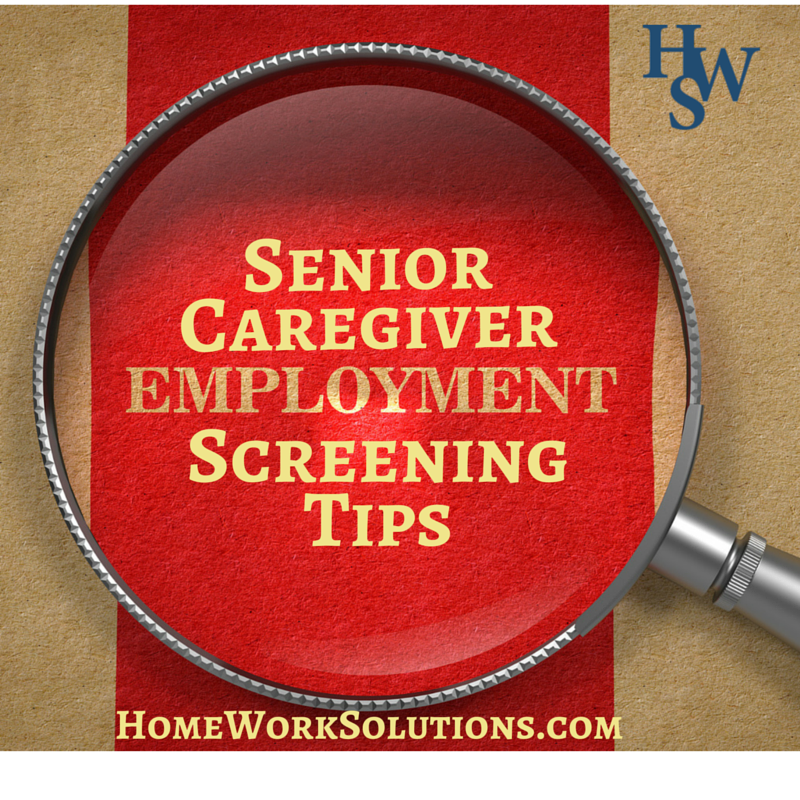
Our aging parents deal with physical and sometimes mental declines that challenge their ability to completely take care of themselves on their own. They don’t like the idea of moving out of their homes to a senior care facility. How will they safely age at home, in a safe and happy environment?
Approximately one-third of the 65-plus population – and about two-thirds of those who are in their mid-80s – need help with eating, bathing, paying bills and other daily tasks, according to a report recently released by the Congressional Budget Office.
Today an estimated 3.4 million senior caregivers provide support services to an aging population that emphatically wants to ‘age in place.’ To meet continued demand, we need to add an additional 1.6 million caregivers by 2020. While most families turn to senior care agencies to provide support personal to aging family members, an estimated 5 – 10% of families prefer to hire directly, citing both reduced costs and greater control over caregiver selection as their primary motivations.
Families who choose to privately, directly hire senior caregivers assume a considerable number of responsibilities that other families rely on the agencies to handle. The family needs to act as a human resources department, doing careful recruiting and interviewing. They also assume the responsibilities for reference checking and thorough background screening, in addition to compliance with payroll, tax and labor laws.
Families who take the time to do thorough vetting can indeed safely hire senior caregivers. Experts caution that background and reference checking household employees is an orderly process that starts with a verification of the prospective caregiver’s identity. Any applicant should be willing and able to provide a government issued photo ID to facilitate this.
Collecting a formal job application helps you greatly in the interview and reference checking process. The application should absolutely include references with contact information. Do not rely on letters of recommendation alone.
When you interview if at all possible include the family member who will be receiving the care. Compatibility is a crucial must, including with most seniors who have early signs of dementia/Alzheimer’s. Ask behavioral interview questions to help evaluate the candidates, especially questions that relate to the needs and challenges of the older adult.
When checking candidate references, you should also ask the references open ended questions – ones they cannot answer with a simple yes or no.
DON’T: Did Margaret help your mother get dressed in the morning?
DO: Describe the personal care services Margaret helped your mother with?
And last but not least, make sure you run a professional background check on the selected applicant, making the job offer contingent on a good report.
Free Download Offer:

